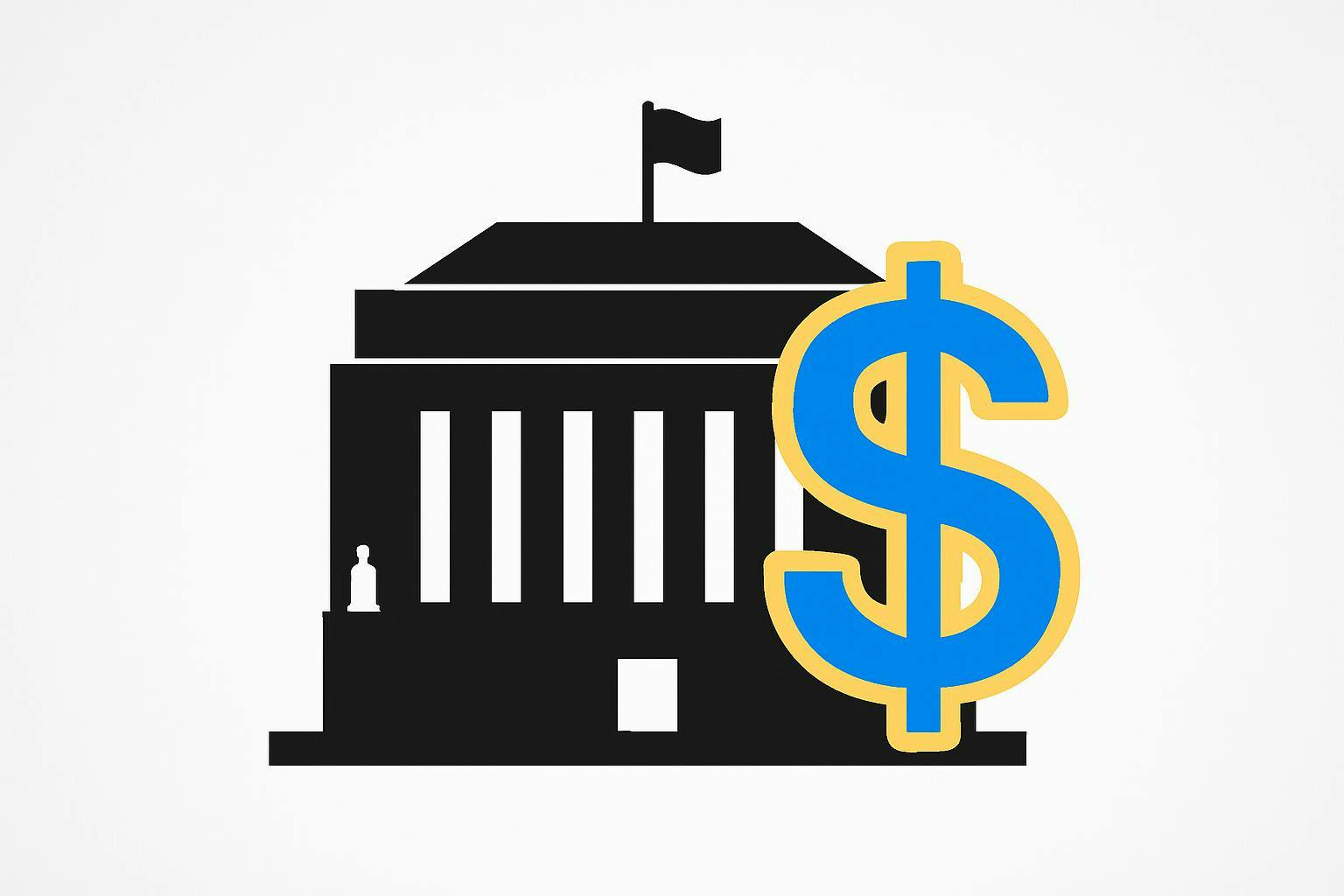What’s going on here?
The Bank of Canada is wrestling with job cuts amid turbulence in the US-Canada trade relationship, hoping a future trade deal might smooth things over.
What does this mean?
The Bank of Canada is facing choppy waters as employment declines affect Canadian sectors reliant on US trade. Reports like Desjardins’ spotlight the wider potential fallout, with exporters and non-exporters planning job cuts. A weak Q1 domestic economy complicates plans for further monetary stimulus, especially as consumer price stability remains uncertain. The Governing Council is worried tariffs might trigger sustained inflation, driven by demand and expectations. While short-term inflation expectations rose in Q2, long-term views stayed stable. However, a potential Canada-US trade deal could eliminate tariffs by the end of July, possibly reshaping policy decisions.
Why should I care?
For markets: Trade talks hold the key.
The evolving US-Canada trade relationship is crucial for Canada’s market direction, affecting employment rates and inflation paths. Investors should watch upcoming economic data, as these developments will greatly influence the BoC’s future decisions.
The bigger picture: Economic recovery hinges on diplomacy.
A potential trade deal offers hope, as it could alleviate tariff pressures and provide a more predictable monetary policy outlook. Successful diplomatic efforts could stabilize the economy and unlock new growth opportunities.
